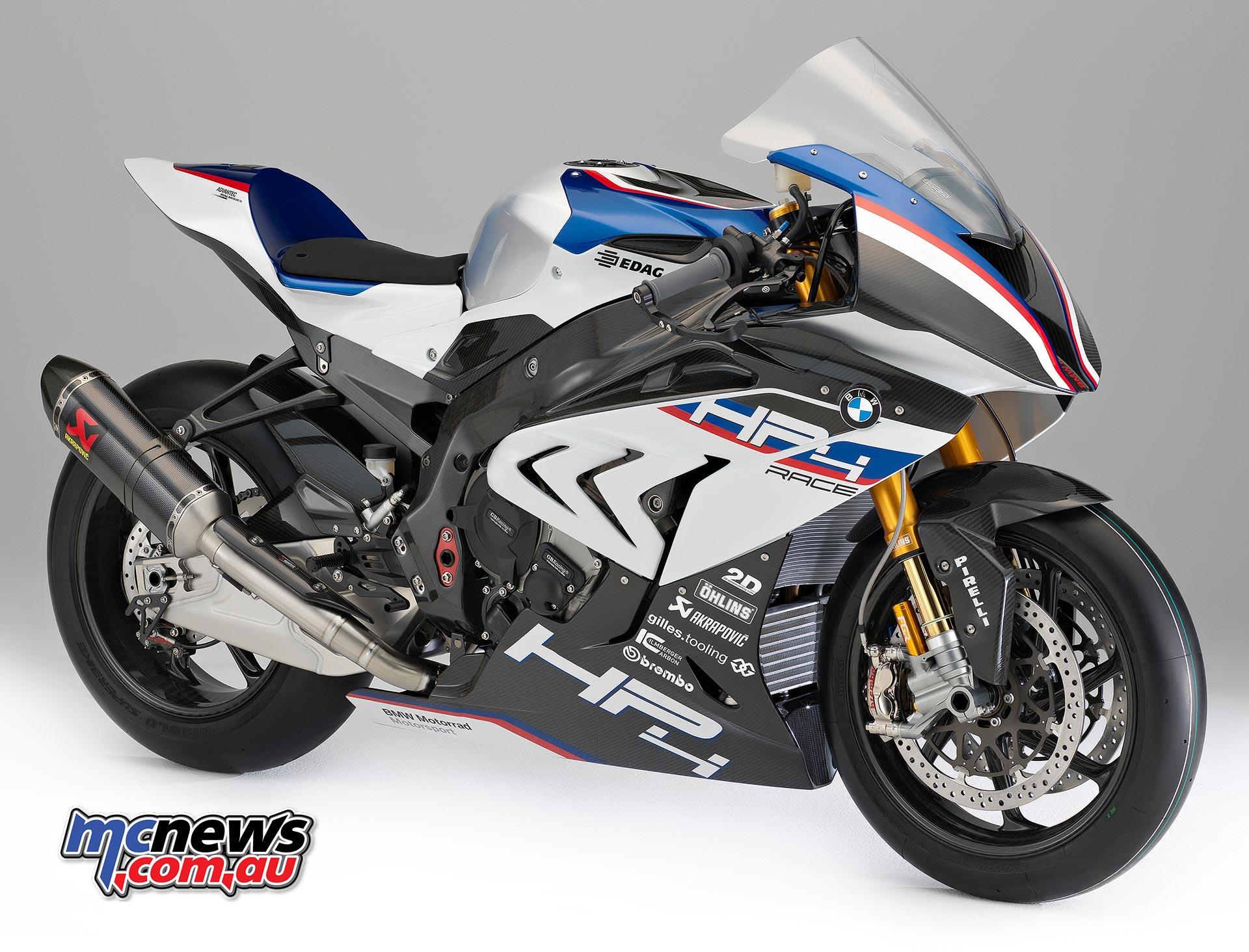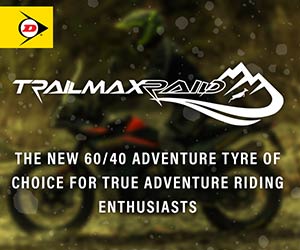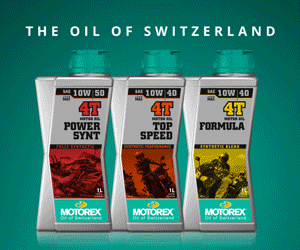Aspar Team celebrate 25th Anniversary
1992 – The start of a beautiful story
This season marks the twenty-fifth anniversary of the Aspar Team. A quarter of a century of racing that this year we will reflect on, season by season, in the company of the main protagonists. The first was in 1992, a campaign the Aspar Team finished with a European title and a World Championship victory.
The Aspar Team would be nothing without Jorge Martínez, without his vision of the future that he had when, with plenty of fuel in the tank to keep racing himself, he decided to take the first steps towards forming his own team. Team Coronas was the prologue to a story that has so far wielded four World titles, two CRT titles, two European Championships and six national titles.

Back in 1992 ‘Aspar’ was the most successful active Spanish rider, having been crowned the best in the world in his category four times between 1986 and 1988 and the best in Spain on a further twelve occasions.
The rider from Alzira who raced only to win and had forged a formidable international reputation, knew that his days on track were numbered. So it was that in 1992 he gave his name to a team, so that he could continue tasting the success he had become accustomed to.
Up until 1997 he enjoyed an epilogue to his racing career as the boss of his own team, picking up numerous podiums and two final race wins – the first two in the Aspar Team record books.
How and why was the Aspar Team born?
The Aspar Team was born in 1992, when I was still racing, with the idea that when I eventually hung my leathers up I could stay involved in motorcycle racing, which was my world. They were difficult times because managing a team and racing at the same time required a huge effort. I wanted to stay in the world I loved after I finished racing. It had been my world since I first became hooked on racing at ten or twelve years of age. This world has given me everything, suffering and sleepless nights included, but I love it.

What made you decide to set up a team whilst you were still racing yourself?
I won eight titles at the end of the eighties with Derbi, things had gone really well for us. In 1990 I raced with JJ Cobas and in ’91 I raced a Honda for a Swiss team run by Michel Metraux. However, I could see that things were getting done but not 100% how I liked. I had a lot of support from sponsors like Ducados, Coronas, Cepsa and Repsol, and I thought: “Instead of taking them to other teams, why don’t I create my own?” So that’s what I did. When I started the team, one of the first thoughts I had was to find a bike for myself to race, but at the same time I knew one day I would stop being a rider and I wanted to stay involved.
Now it is normal to see ex-riders as team bosses but was it as common back then?
At that time there were other teams run by the likes of Sito Pons, Ángel Nieto or Kenny Roberts, so there were other ex-riders running teams but we have been doing this now for 25 years uninterrupted in the World Championship and there have been others who have come and gone during this time.

How much does it help running a team when you have been a rider yourself?
I would say it is beneficial in two ways. Firstly is the relationship with the riders, because it is easier to speak to them, explain things and help them from a technical point of view, listen to them and understand them, it makes a big difference. It is also good from a mechanical and technical side: having had a relationship with the factories is a different experience and technical vision that you can’t get from the outside.
It can’t all have been smooth making the transition from rider to team manager…
Making the step from rider to team manager has a hard part: when you are the rider you are the star, one part of the success but the most important part. The difference when you become team manager is huge. You are responsible for making everything work but you’re just another person. You have to focus on making sure everything is in place.

You mentioned earlier that the first thing you thought of was to find a bike for yourself to race but you also added other riders to the team to compete in the European Championship like Juan Bautista Borja.
Yes, in 1992 as well as racing in the World Championship we launched a team in the European Championship with Emilio Alzamora, Javier Bou and Chema Rosés. We also signed Batiste Borja, who was a rider with very good natural talent, very brave, and who I think had all the potential to achieve great things, but he was unlucky. That year he became European Champion. He had the edge from the first races and he made the most of it.
Another sweet moment from 1992 was your first victory in this new dual role…
In 1992 I took my first win as rider-manager in the South African Grand Prix. It was the last race of the season and I have very fond memories. There were two riders fighting for the championship, Alessandro Gramigni and Fausto Gresini. I didn’t have a chance of the title and I said to myself: “I have to win.” At the end of warm-up I went to see Gramini and said: “You want to win the championship, right? I want to win the race. You help me and I’ll help you.” He was taken aback by my frankness. At Mugello last month I saw him and he reminded me of it. In the end we both achieved our objective.
























